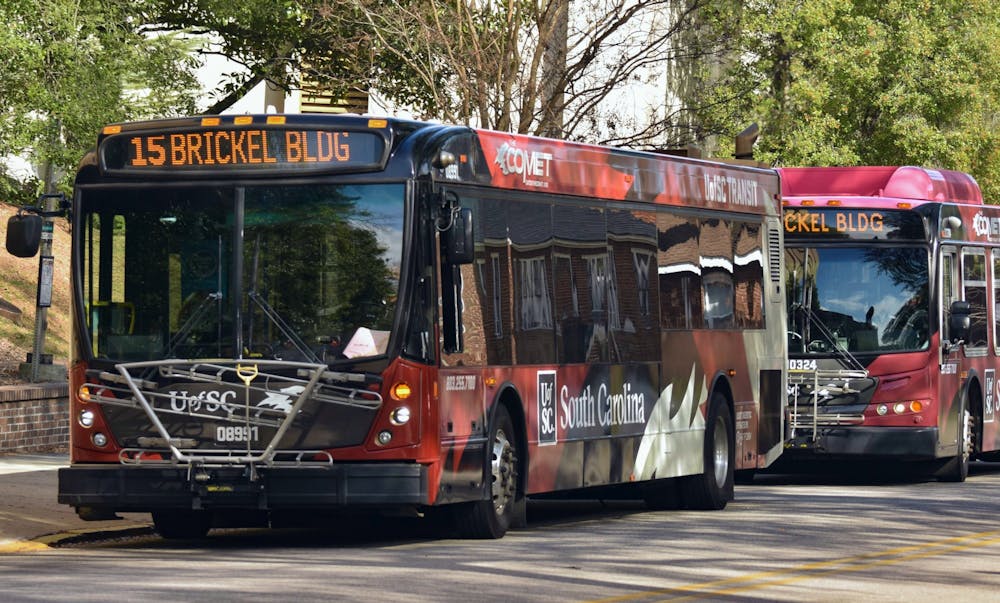Climate change is a major problem that needs to be tackled immediately. There are small steps we can take as college students to help shrink our carbon footprint and reduce the impacts of climate change.
South Carolina produces more carbon dioxide than almost half of the states in the U.S. and similar amounts to countries such as Austria, Greece and Israel, as reported by The State.
With the rise in global warming, Columbia has seen rising temperatures, especially during the summer. This makes it harder for the residents of Columbia to cool down.
Erin Meyer-Gutbrod, an assistant professor in USC's School of the Earth, Ocean & Environment, researches the local impacts of climate change. In order to curb the local effects of climate change, she writes we should “Find ways to reduce the carbon footprint in your life and in your community. Communicate with your politicians about protecting our vulnerable ecosystems and reducing human impacts."
According to One Tree Planted, an environmental nonprofit group, we can reduce our carbon footprint by switching from a desktop to a laptop, because laptops use 90% less energy than desktop computers. Additionally, try walking instead of taking a car as much as possible - or take the shuttle.
We can avoid using disposable containers by using a reusable thermos for beverages or soups. Another idea is to avoid fast fashion, as the material wears out easily and creates piles of landfill that will take years to decompose.
According to Georgetown University, we can reduce our carbon footprint by switching off lights when leaving a room. Keeping the temperature at moderate in your apartment or dorm room will also help use less energy, as will minimizing the number of devices you have plugged in at once. Try to take the stairs instead of the elevators as much as possible.
It may seem pointless to make changes; after all, how would these small changes actually help address climate change? James Schroeder, director of conservation for The Nature Conservancy in Washington, said in the Seattle Times that “If each of us made small changes — even one — together, we could create a meaningful impact.”
If all USC students try to make small changes, then we can make a real impact in the effort to reduce Columbia’s carbon footprint.
There are 35,468 people in the USC student body. If each off us take steps to curb our carbon footprint, then it will benefit the our community in the long run when we don’t have to worry about pollution and extremely hot summers.

